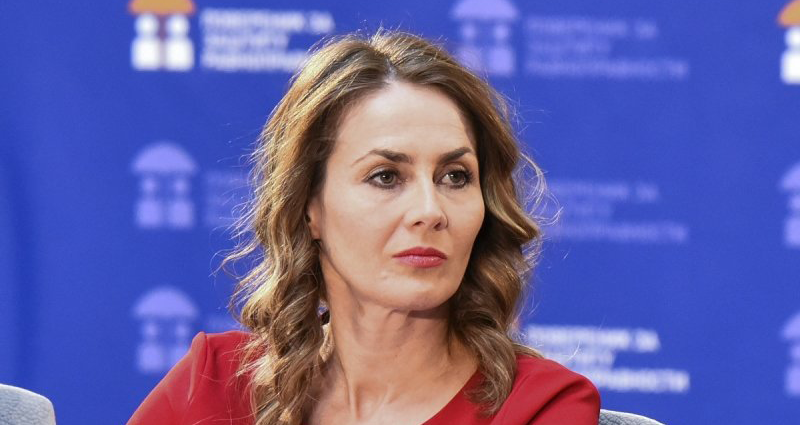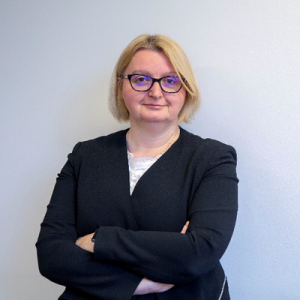The conclusion of the “Empowering women in the labour market in the context of the COVID-19 pandemic: What does EU membership bring?” event, organised by the EU Delegation to Serbia and the European Policy Centre – CEP Belgrade, is that women in Serbia have less labour market representation and protection than those in the EU.
“Serbia has a Law on the Prohibition of Discrimination, which is largely harmonised with EU legislation, but stronger measures are needed to encourage a greater role for women in the labour market, such as more flexible working hours, but, again, pensions must not be reduced”, the former Commissioner for Protection of Equality, Brankica Janković, said at the event.

The Director for Social Affairs in the European Commission’s Directorate-General for Employment, Social Affairs, and Inclusion, Katarina Ivanković-Knežević said at the event that by joining the EU, Serbia will gain access to funds that enable the realisation of the Work Life Balance Directive, which was adopted by the European Commission a year ago with a goal not only in improve work-life balance but also to contribute to an increase in women’s employment and families’ economic stability.
Achieving these objectives has become more difficult during the COVID-19, however, as this crisis has led to new phenomena, like widespread work from home and expanding expectations for women. Ivanković-Knezević said that the Directive stipulates only the minimums that countries must fulfil. “Serbia, when it becomes EU member, will have the possibility of keeping the current system of maternity leave, which is longer than the minimums provided by the Directive,” Ivanković-Knezević pointed out at the event.

